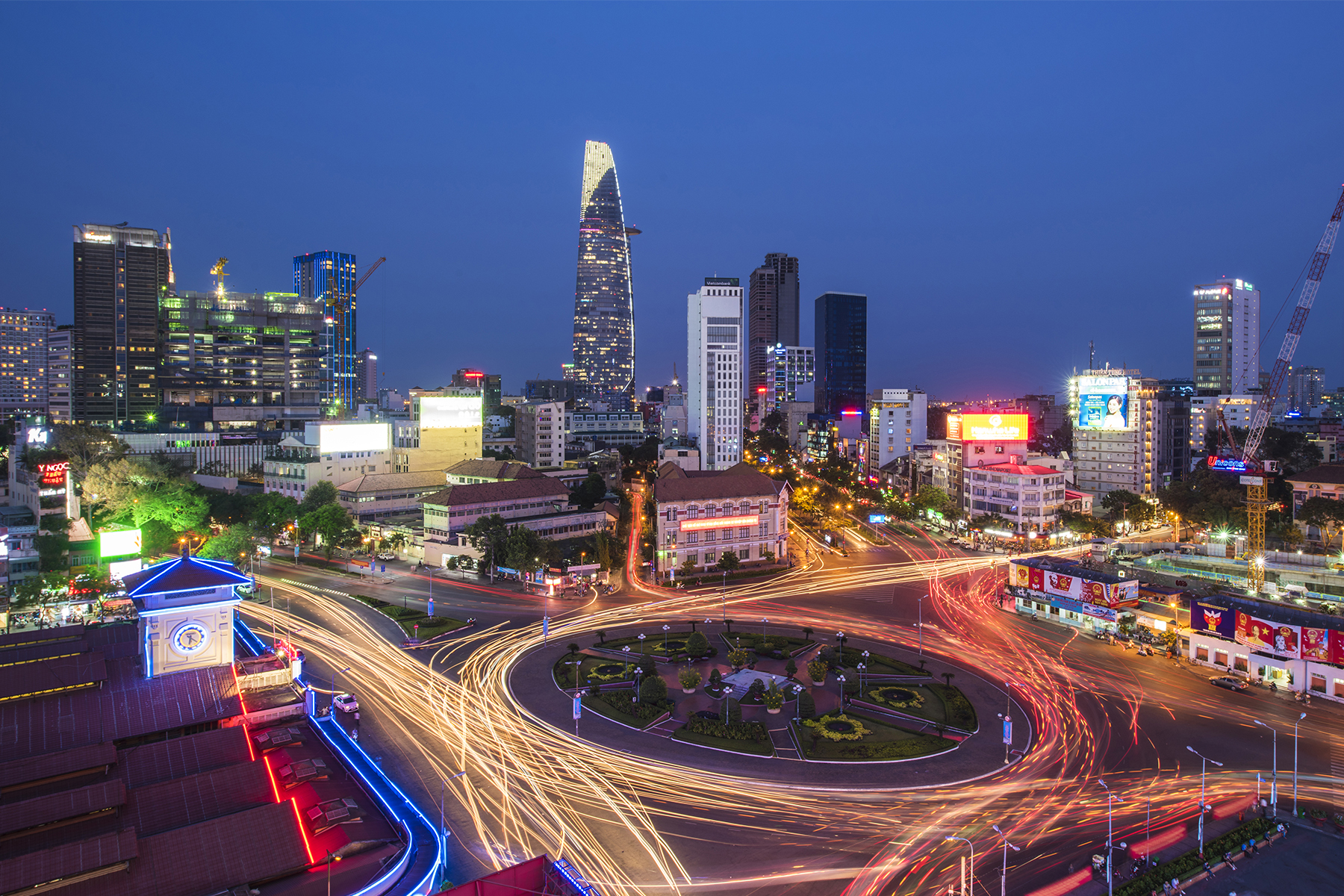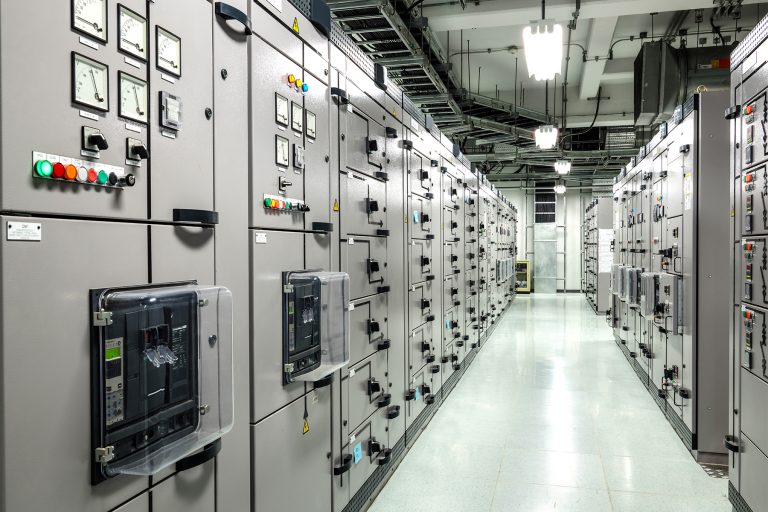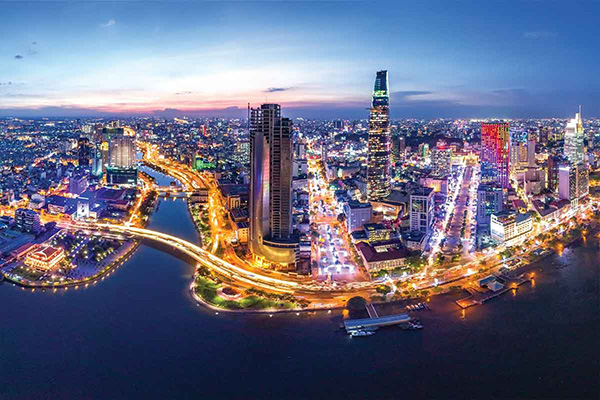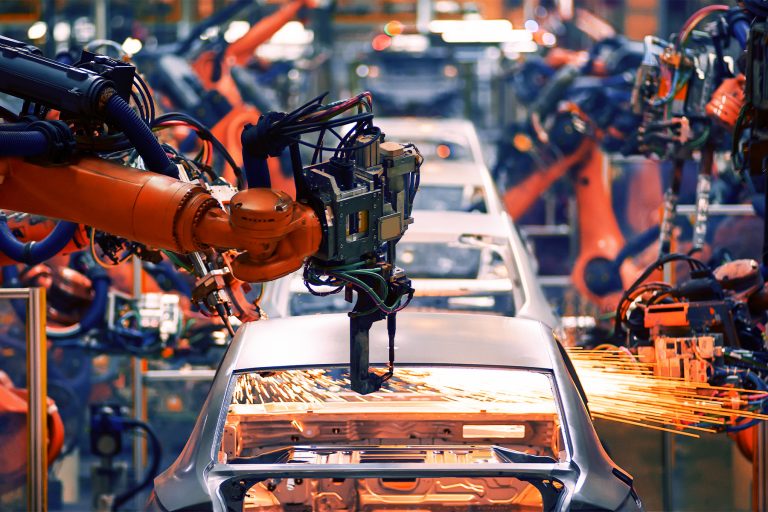[5 min read]
A firm foundation in mining and producing raw materials supports Vietnam widening its value chains and fields of industrial applications such as advanced building materials, advanced electronic materials, special advanced electric cable materials, new advanced textile materials and advanced leather plastic packaging materials, among others.
Advanced materials have the potential to become a thriving sector that creates a high rate of surplus value thanks to surging demand from industries such as electronics, healthcare and transportation, among others. Advanced materials are materials that contain outstanding features and are eco-friendly, light, durable, reusable and biodegradable. The application of these kinds of materials can create cooperation between different industries, including the medical, textile and construction segments.
a. As a country that exports a significant amount of raw materials, Vietnam is considered to have a firm foundation to encourage growth in the advanced materials industry. Notably, the Vietnamese government has outlined new materials technology as one of the four development priorities that are entitled to increasingly attractive incentives. Some of these incentives include government support for individuals and organizations in R&D activities as well as their applications on manufacturing and encouraging companies to use energy-saving and eco-friendly materials, among many other preferential policies.
b. According to Nielsen Business Barometer, it is estimated that Vietnam’s middle class population will reach 44 million by 2020 and 95 million by 2030. As the country’s middle class grows and disposable income rises across all segments of the population, greater spending power will spur demand for services and higher value-added products in construction, real estate, healthcare and consumer goods.
c. The participation of “queen bee” manufacturers has promoted the growth of the advanced materials industry in Vietnam. For instance, Dow Advanced Materials Company (US) has been in the Vietnamese market since 2010 with a manufacturing facility located in Dong Nai that produces acrylic and styrene-acrylic polymers, which are mainly used in the paint, surface coating, construction, packaging, and home and personal care industries.
Moreover, Magma Ceramic & Catalysts (UK) — a manufacturer of refractory ceramic products used in glass, alloy and steel industries — expanded its platform into Vietnam under a market development strategy to expand across Southeast Asia while also taking advantage of Vietnam’s developing petrochemical industry.
In addition, DuPont (US) has a factory located in the Song Than Industrial Park and is increasing its production of high-quality ceramic materials for agricultural, footwear, cooking utensil, automobile, and construction manufacturers, among.
Well-known Japanese company Showa Denko has a factory in the Dong Van II Industrial Zone in Duy Tien, Ha Nam Province, which is involved in a large portion in the field of producing didymium and dysprosium through separation, purification and the electrolytic process. The company’s presence in Vietnam is considered a boon for the metal as metal oxide industries.
Recently, DPN Vietnam Aerogels has received licenses for three technologies to produce Aerogel cotton from fabric waste, Aerogel PET from plastic waste and Aerogel rubber from car tire waste. Founded in cooperation with University of Technology, the factory is getting ready to operate in Tien Giang Province and its first product launch will be at the beginning of 2021.
d. In comparison to other ASEAN countries, Vietnam benefits from a young and abundant labor force, low labor costs, improved infrastructure, and prime location next to the world’s second largest economy with a wide range of ports and seaports.
Thanks to a series of free-trade agreements, Vietnam has become “a center of tax exemption and reduction” for some markets such as the EU, ASEAN and the Eurasian Economic Union (including Russia and other countries). The Comprehensive and Progressive Agreement for Trans-Pacific Partnership (CPTPP), which includes a number of important markets like Japan, South Korea and Canada, among others, also brings more opportunities for Vietnam to transform into the world’s factory and enter a whole new development stage




